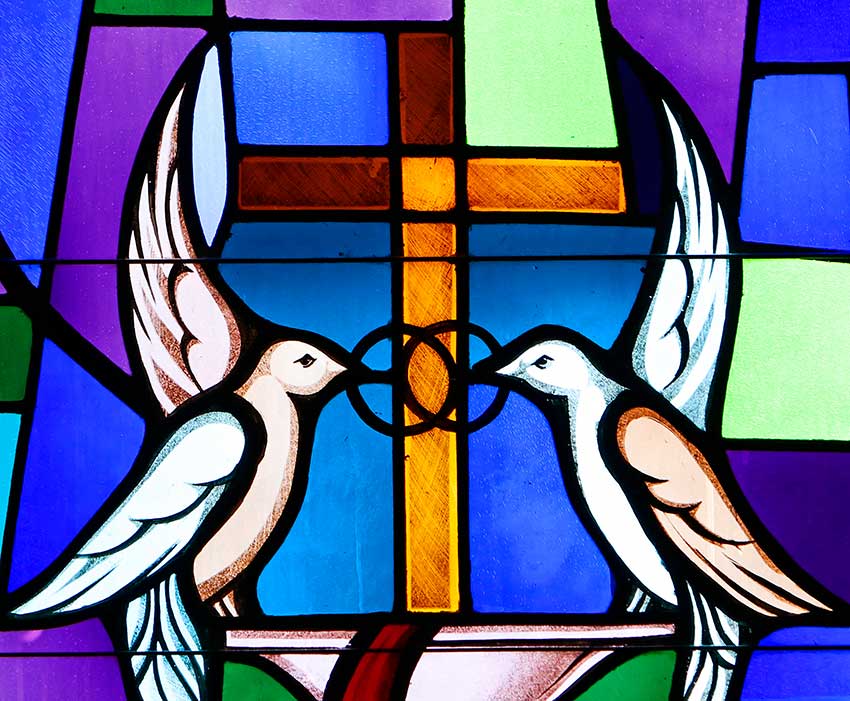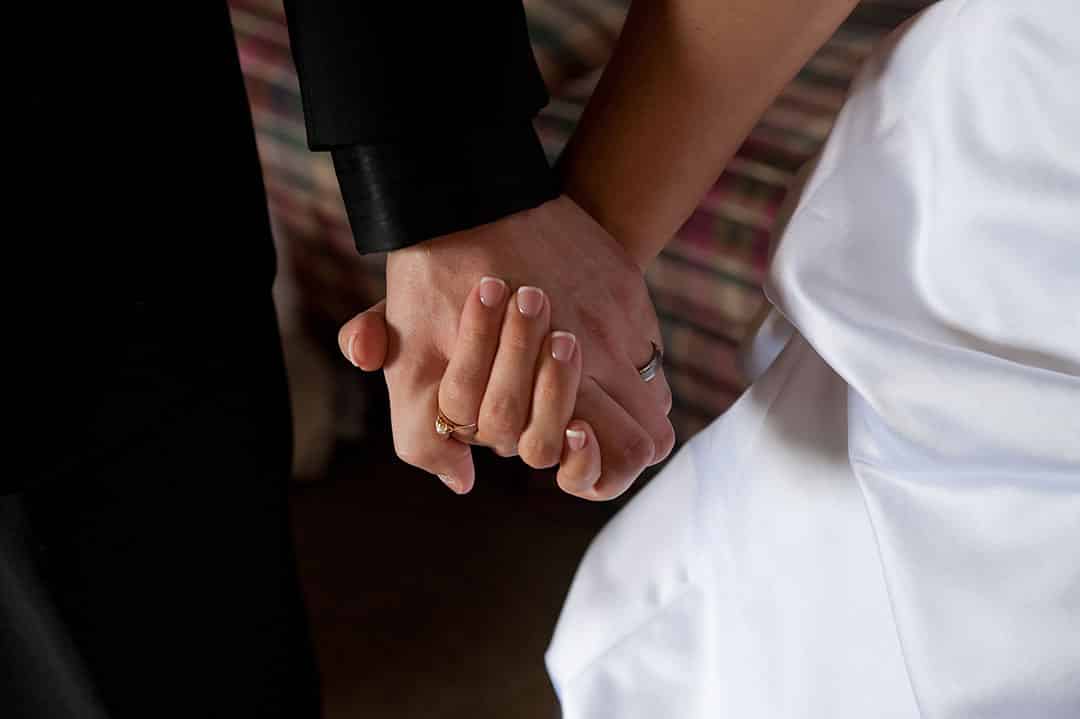
My first thought was that the last thing the Church needs to be doing is making marriage harder. Few enough people are seeking out the sacraments, so let’s not give them even more hoops to jump through! But it turns out they’re not making anyone do anything. The course isn’t mandatory; it’s for people who are serious about marriage and want help and preparation to do it well.
According to an article in The Guardian UK, the program was developed in response to skyrocketing divorce rates, which increased dramatically after the socialist government made the divorce process fast and easy. According to the article, there was an astonishing 74.3 per cent increase in divorces from 2006 to 2007 in Spain, and “In 2017, there were 57.2 divorces for every 100 marriages in Spain”.
The article quotes Monsignor Mario Iceta, the bishop of Bilbao:
“You can’t prepare for marriage in 20 hours. To be a priest, you need to spend seven years in the seminary, so what about being a husband, wife, mother or father? Just 20 hours?”
It’s hard to quibble with this point. My own marriage preparation class gave me exactly zero useful information or preparation for the life we were committing to, and I know my experience isn’t unique. I certainly don’t regret getting married to my husband, but we did get thrown into the deep end, and we did flounder.
In the United States, debates over how to support marriage often falls into some timeworn patterns: One camp bemoans the way decrees of annulment are given out like candy, and remind the world that, in their grandparents’ time, people used to take their vows seriously, and weren’t counting on all this ‘happiness’ and ‘fulfillment’ nonsense.
The other camps recalls that their grandmothers often stayed married for life less because they so respected the institution of marriage and more because they didn’t really have another choice, and they just had to put up with being beaten and cheated on and treated like a work horse; and if they did leave, they and their kids would probably starve, or at least be ostracised.

So no, we can’t really improve marriage by simply insisting that people are stuck no matter what. That doesn’t make marriage better; it just hides suffering more effectively.
It’s true that everyone who makes a marriage vow is taking something of a risk, but it’s possible to make the risk smaller by making true discernment a part of the preparation process.
If fewer people who don’t understand marriage have weddings, then fewer people will need annulments. Increasing the preparation time combines the best of both worlds: An understanding that marriage is a serious undertaking that’s supposed to last a lifetime, and not something you can shuck off easily if it doesn’t work out; but also an understanding that it ought to be a partnership of mutual respect, not just something it’s hard to escape.
Ideally, a couple who’ve discerned that they truly do belong together for life will be given some useful tools to act on that intention.
But simply increasing the ‘training’ and discernment period brings predictable problems of its own.
The most obvious is that, when you’re in love and looking forward to getting married, chastity is really hard. Three years of waiting seems like something you could ask of people with a low sex drive or remarkable self-control, or possibly a separation of continents; but for the general population . . . well, you can imagine, especially if you’re surrounded by people who think you’re foolish for not just moving in together and doing what you like.
It would also be unmanageable for people with low fertility, who want to start building their families as soon as they can. A delay of three years could be a real problem for a couple with precious little time to waste. And often, people don’t realise they have low fertility until after they start trying to conceive.

And logistically, it would just be odd. How could you maintain separate households while putting considerable energy into learning how to be one flesh? If you devote three years to learning how to live with someone, wouldn’t that form a bond of its own, making it even harder to break things off even if there are red flags? You’d have to maintain a weird psychological double life.
Many have suggested that a period of intense discernment before the wedding would be good, and even better when paired with support and help after the marriage — a sort of post-Cana program, that follows married couples through the difficulties that crop up after the first flush of romance has died down and the realities of everyday life begin to feel heavier.
Well, it’s easy to criticise the flaws in a system, but harder to come up with something better.
What do you think? If you’re married, would you have benefited from a longer period of preparation and discernment for marriage?
Is there some other solution that would have helped you make a better choice and live a better life? Or is the Church’s vision of marriage so at odds with modern life that only a lucky and dedicated few can ever emerge with successful marriages?
Related:
This Catholic Life Podcast Episode 28: Marriage Is An Inside Job
Initiative proves marriage is a project best built with others
